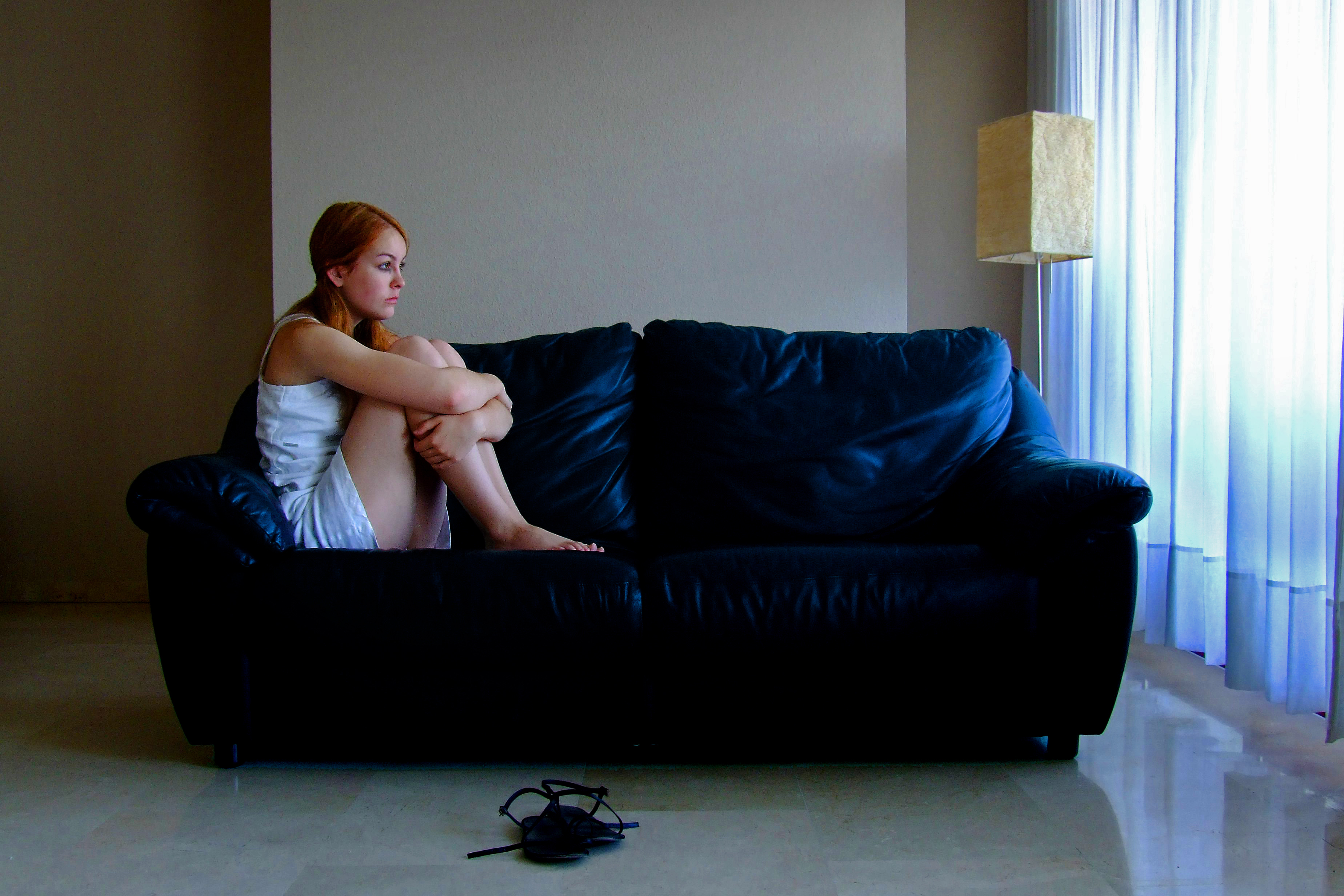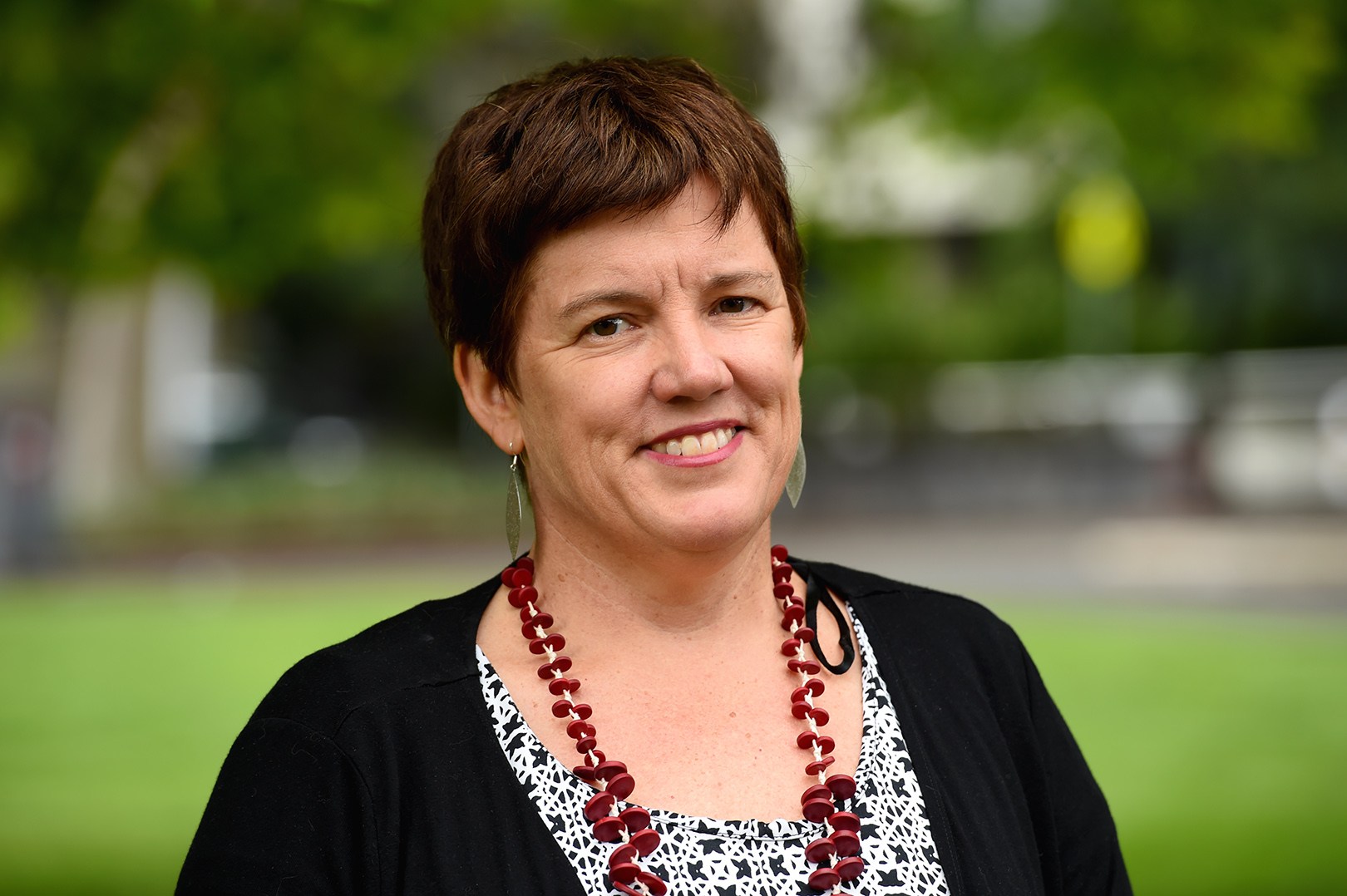
Health & Medicine
How attitudes disable

Experiencing disability changed Anne Kavanagh’s perspective, and her career path
Published 29 January 2016
I was a feminist by the age of ten, although I didn’t have the words for it. I was furious about the injustices I experienced because I was a girl. I got the message ‘intelligence is wasted on a girl’. I was riled by the lack of netball courts at my high school which had three football ovals. Even worse was being told by my school principal not to react to boys who were sexually harassing me, while the perpetrators were never called to account.
As a young woman I became aware of other ‘isms’: heterosexism, racism, classism. But I was middle-aged by the time I recognised ableism.

My son has autism and an intellectual disability. In 2011 I was diagnosed with multiple sclerosis. I had difficulty walking, severe vertigo, fatigue, poor balance. I was disabled.
These experiences have profoundly affected the way I see the world. I regularly witness the social and economic disadvantage many people with disabilities experience. Difficulties like securing meaningful, appropriately paid employment and discriminatory attitudes by employers, colleagues, family and teachers.

Health & Medicine
How attitudes disable
Australians with disabilities have the lowest relative income and one of the lowest levels of labour force participation out of all the OECD countries. They experience social exclusion and violence at high levels. Schools fail to provide equal opportunities for disabled children. These experiences chip away at disabled people’s health.
Society literally makes people with disabilities sick.
That’s where my personal experience meets my academic expertise.
I am a social epidemiologist, which means I study how society makes some people healthy and others sick. I’ve studied how where you live, your job and housing affect health. I’ve researched how gender, socio-economic status, race and ethnicity affect health. I now research how having a disability affects health.
When I talk to public health colleagues about my research I am sometimes met with furrowed brows, consternation. What do I mean? After all, doesn’t disability equal poor health by definition? “No, not necessarily,” I say.
The poor health of people with disabilities is often due, in large part, to factors other than the underlying impairment. They are more likely to be overweight or obese, to smoke, to be physically inactive or to have poor diets. They also have higher rates of health service use and chronic conditions such as diabetes and heart disease, and are less likely to use preventative health care. They have much poorer mental health and wellbeing.

My team at the University of Melbourne are building an evidence base about how social and economic factors affect the health of the four million Australians with disability. We have shown they have low incomes, poor housing security, low levels of education, and high levels of economic inactivity and social exclusion, and the situation is not improving.
Our research demonstrates that housing affordability, employment, social support and financial security are important determinants of the mental health of people with disability.
This means that if we can ameliorate some of the disadvantage people with disability experience we can improve their health.
And improving the health of Australians with disabilities will increase the overall health of the population and significantly reduce health and welfare expenditure.
We lack an evidence base about how to reduce social and economic disadvantage and thereby improve the health of Australians with disabilities. For example, how could mainstream and disability-specific housing policies help?

While the National Disability Insurance Scheme is a very welcome policy reform, it will not solve the social and economic disadvantage and poor health of Australians with disabilities. The NDIS does not fund housing, employment programs, education or health services, which will all continue to be funded under current state and federal arrangements. This means many policy reforms that impact the health of Australians with disability happen outside the NDIS.
We urgently need to bring together sectors, disciplines, academics and external stakeholders, including people with disability, to identify how research can help develop policy solutions. Investment in research infrastructure and capacity is essential. For example, we need integrated systems that link data from the Australian Bureau of Statistics, the Australian Institute of Health and Welfare, Medicare, Centrelink, the National Disability Insurance Agency and others. Without this kind of infrastructure we cannot address ‘big picture’ questions about policy reform.
The disability research workforce is fragmented, under-resourced and not fit for the purpose. We want researchers with fresh ideas and expertise who work together.
The personal is political. My experience of disability was my ‘teachable moment’. It has provided me with a marvellous opportunity to apply my expertise to a pressing public health problem – the health of people with disabilities. But it’s a big job. There is a dearth of research capacity, infrastructure, and political will. That has to change.
Professor Kavanagh will be discussing her work at the Melbourne Social Equity Institute conference on Disability, Human Rights and Social Equity, which is running from Feb 3 - 5 2016.